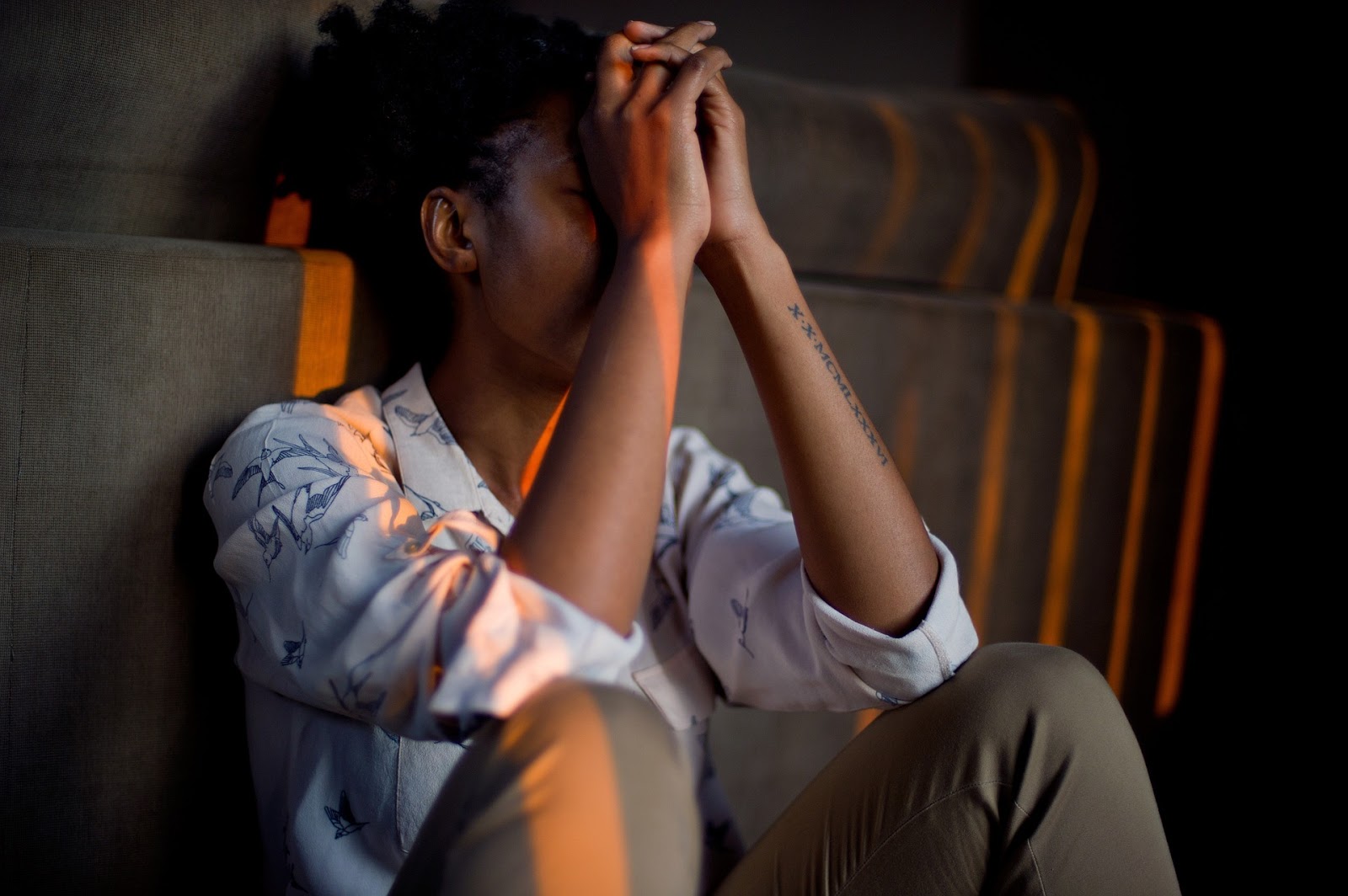
What Anxiety Is and What to Do About It
Anxiety is a state of worry, apprehension, and fear. It is the body’s response to stress and uncertainty, whether an imminent danger or something perceived only in the mind as potentially harmful. In today’s world, fear isn’t provoked only in response to fight or flight-inducing situations such as a bear running after you (although on Vancouver Island that is an actual possibility…). Fear can be triggered by anything from worrying about an academic test to whether or not we’re accepted socially to walking home from work alone.
Anxiety can be experienced acutely, such as while delivering a speech, or it can be experienced more long-term, during day-to-day activities. In this case, when anxiety seeps into someone’s general thinking, feeling, and being, it can make even the simplest tasks feel incredibly overwhelming and unmanageable. When anxiety takes over someone’s life like this, it can be classified as an anxiety disorder. Anxiety disorders are a type of mental and emotional illness and include phobias, panic disorders, and social anxiety disorders.
Anxiety takes many forms and they can vary from individual to individual. Some of the known physical and mental symptoms of anxiety are:
- Rapid, short breath
- Circling, repetitive thinking
- Increased heart rate
- Shaky hands
- Lack of focus/difficulty concentrating
- Feelings of unreasonable panic, fear, and worry
- Emotional pain and uneasiness
- Restlessness
- Trouble sleeping
- Tense neck and shoulders
- Difficulty making decisions, especially as they relate to the future
A major problem with any level of anxiety is that it can often lead one to develop harmful coping mechanisms to suppress the uncomfortable feelings. Smoking, overeating, drug use, and alcoholism, are all examples of unhealthy coping strategies used to manage anxiety. If you’re experiencing any symptoms of anxiety, it’s important first to recognize it. Awareness is key. Once you become aware of what’s going on in your life or any mental patterns that are causing your body stress, you can start to take proactive steps towards minimizing anxiety and finding healthy coping patterns.
Effective coping strategies will vary from person to person, and you’ll need to get in touch with yourself to figure out what works best for you. Here are a couple of ideas about how to manage and alleviate anxiety:
- Talk it out. Find a trusted confidante, such as a friend or teacher, whom you can share your experience with. Sometimes all we need is a non-judgmental listening ear to allow us to articulate what’s really going on and gain clarity. Better yet, and especially if you have benefits or can access public support programs, speak with a professional counsellor. Many counsellors use cognitive-behavioural therapy (CBT) as a tool to heal anxiety. The goal of CBT is to identify and alter any negative thought patterns that lead to anxiety. Once the thought patterns are identified, the practitioner helps the person replace them with healthy thinking patterns which lead to healthier behaviours.
- Count your breath. As a powerful anti-stress tool, breathing reduces heart rate, calms the nervous system, and carries oxygen throughout the bloodstream. The simple act of catching yourself when your mind is spiraling into anxious patterns and taking three deep breaths can work miracles for reducing stress and anxiety. Take advantage of the wealth of resources online that can support you in learning about breathwork and mindfulness. Here are a few: self-compassion expert and researcher Kristin Neff’s mindfulness meditations, UCLA Mindful Awareness Research Centre’s weekly podcasts, and Dr. Andrew Weil’s 4-7-8 breathing technique to apply anytime, anywhere.
- Take your vitamins/supplements. Speak with a health professional about what vitamins/minerals/supplements your body needs in order to operate at its peak. Sometimes, something as basic as a small vitamin deficiency can weigh you down both physically and mentally. You can visit your local supplement store for tips on where to start, or you can contact us!
If someone close to you is experiencing anxiety and you aren’t sure what to do about it, let them know that you’re there for them. You might not understand exactly what they’re going through, but by being a good listener who is patient and kind you are providing them with a safe space, and that might be all they need to be able to see a way out of the overwhelming feelings. We hope this overview of anxiety and anti-stress tools for recovery has equipped you with the knowledge to create healthy behaviours that lead to a more empowered, calm, and happy life.